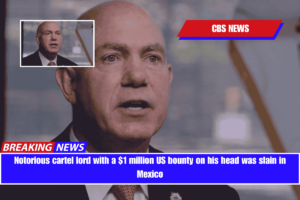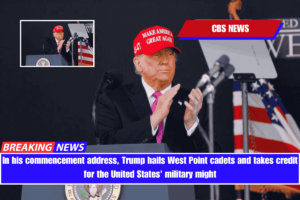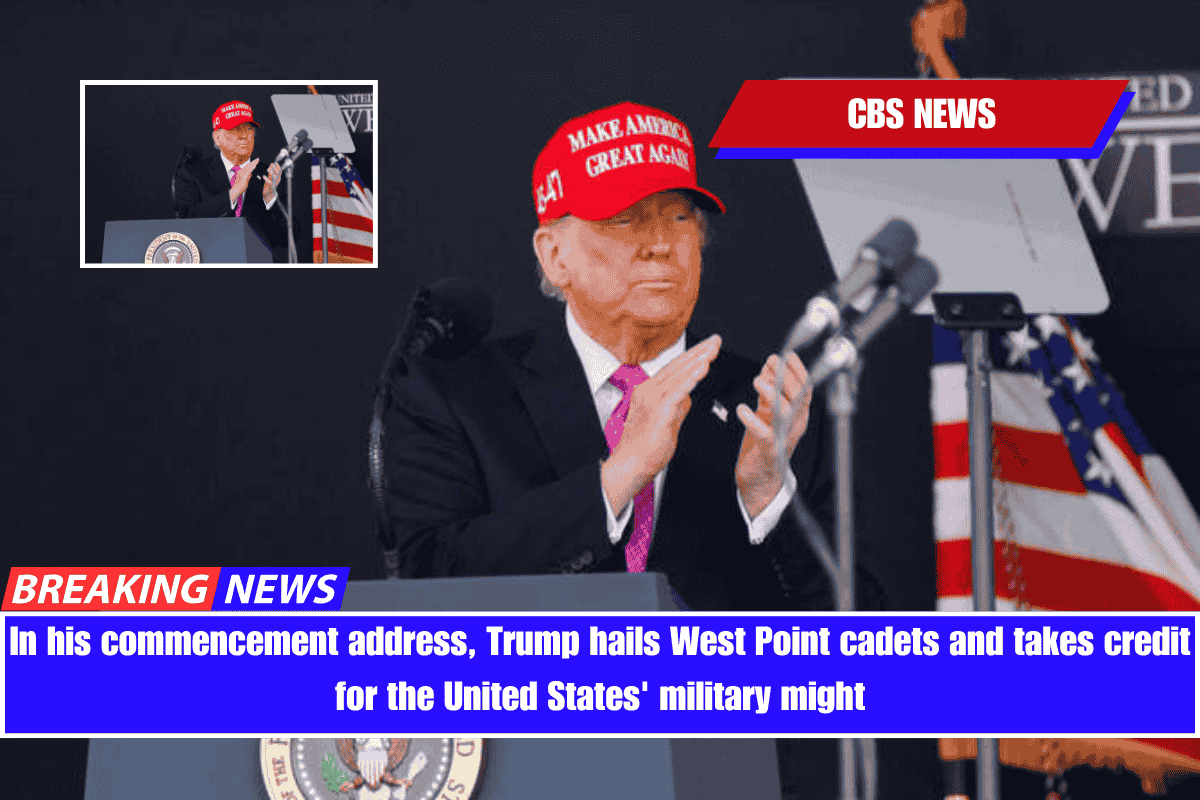Canada’s Liberal Party won the federal election on Monday, according to the Canadian Broadcasting Corporation, in a surprising turnaround in an election overshadowed by US President Donald Trump.
Canadians were deciding whether to keep the Liberal Party in power by electing new Prime Minister Mark Carney or to hand over power to the Conservatives and their populist leader Pierre Poilievre. While the Liberals are expected to win more seats in Parliament than the Conservatives, it is unclear whether Carney’s party will win an outright majority, the CBC reported Monday night.
The Liberal Party’s popularity had been declining for years before former Prime Minister Justin Trudeau resigned in March. For months, it appeared that the Conservatives were about to seize control of the federal government, until the US president intervened.
Mr. Trump’s threat to annex Canada and his sweeping tariffs, which harm the country’s economy, dominated the campaign and influenced voters’ decisions. Domestic issues such as affordability, immigration, employment, and crime remained important considerations.
According to Elections Canada, a record 7.3 million Canadians voted in advance, representing a 25% increase over the 2021 election.
On Monday, a diverse group of voters gathered in a school gym in Milton City, Ontario, to cast their votes. While they were divided on who would be best suited to deal with Mr. Trump, they all agreed that Canada’s sovereignty, tariffs, and affordability were the most important issues they considered when voting.
“Trump’s decisions are affecting not just Canada, but the rest of the world,” a couple who voted Liberal told CBS News outside a polling station. “The tariffs affected the market; it affected prices of all goods, food, anything.”
In the Canadian media, conservative leader Poilievre was portrayed as having similarities to Mr. Trump, which may have cost him.
“A couple of things that unfortunately, Pierre has come out with which we didn’t agree with us might sound silly, but the fact he wants to bring back plastic bags and straws, I didn’t like that idea,” the couple, who wished to remain anonymous, told CBS News.
One voter, Peter, stated that he considered the issue of sovereignty in relation to the United States when casting his vote. Although he did not specify which party he thought would best address Mr. Trump’s concerns while also protecting Canadian sovereignty, he did say that a united Canada with a national approach would be the most effective way to deal with the US president.
John Ivsky, a self-employed businessman from Milton, believes this election is critical, emphasizing the importance of tariffs and Canada’s need for more global partners.
“Canada needs to build its own economy and broader partnerships,” Ivsky told CBS News. “America should not be the sole economic, military, or political partner. We need partners from all over the world to ensure that we do not suffer from a single political change in one country.”
He went on to say, “I respect and vote for every party that supports family values, conservative values, and free speech, and I vote for the one that reflects my beliefs, whether it’s Liberal or Conservative. Conservatives are the only ones who can do it right now.”
On Monday, Mr. Trump returned to the election campaign. In a post on Truth Social, he reiterated his desire to make Canada the 51st state of the United States and urged Canadians to vote for the candidate who could make his wish a reality — without naming a political party.
“Good luck to the great people of Canada.” “Elect the man who has the strength and wisdom to cut your taxes in half, increase your military power, for free, to the highest level in the world, and have your car, steel, aluminum, lumber, energy, and all other businesses quadruple in size, WITH ZERO TARIFFS OR TAXES, if Canada becomes the cherished 51st State of the United States of America,” Mr. Trump said on Truth Social.
In response to Mr. Trump’s remarks, Poilievre stated that Canada would never become the 51st state and urged the US president to stay out of Canadian elections.
“President Trump, please stay out of our elections. On social media, Poilievre stated in French that the only people who will decide Canada’s future are Canadians who vote. “Canada will always be proud, sovereign, and independent; we will never become the 51st state. Today, Canadians can vote for change to strengthen their country, stand on their own two feet, and confront America from a position of strength.”
During his campaign, Carney pleaded with voters to give him a strong mandate to deal with Donald Trump.
“President Trump has some obsessive ideas, and that is one,” Carney said of the annexation threat. “This is not a joke. He has a strong desire to make this happen. It’s one of the reasons why the crisis is so severe.”


















Leave a Reply